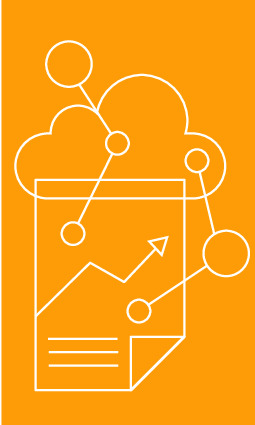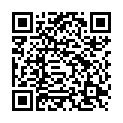|
|
|
| Module code: MAMS-Z2 |
|
- |
|
30 |
| Semester: according to optional course list |
| Mandatory course: no |
Language of instruction:
German |
Assessment:
Paper with presentation, qualified certificate,
if applicable, verification of research work in the form of research proposals and publications (can be repeated semesterly)
[updated 13.09.2018]
|
MAMS-Z2 Marketing Science, Master, ASPO 01.04.2016
, optional course
MARPF-Z2 Accounting and Finance, Master, ASPO 01.10.2017
, optional course, course inactive since 25.03.2022
MASCM-Z2 Supply Chain Management, Master, ASPO 01.04.2016
, optional course
MASCM-Z2 Supply Chain Management, Master, ASPO 01.04.2017
, optional course
|
|
The total student study time for this course is 900 hours.
|
Recommended prerequisites (modules):
None.
|
Recommended as prerequisite for:
|
Module coordinator:
Studienleitung |
Lecturer:
Prof. Dr. Tatjana König
[updated 25.01.2016]
|
Learning outcomes:
After successfully completing this module, students will have developed the following skills:
- Technical skills (know-how, linking theoretical knowledge with current research practice)
- Methodological skills (scientific methods, techniques and procedures, for example in the context of empirical research)
-
Personal instrumental skills (using tools, techniques, methods, databases that enable knowledge to be generated and/or planned and applied in a targeted manner)
(e.g. information management, time management, presentation techniques, computer applications, databases
for literature research)
- Scientific skills (precision in citation, formatting scientific texts,
definition of research gaps or goals)
- Systemic skills (e.g. skills such as creativity, adaptability, flexibility in implementing concepts, etc. that are necessary to understand one´s own work as part of an extensive system and be able to carry it out efficiently)
(introducing innovations, initiating, planning and implementing change processes, networked thinking)
- Communication skills (teamwork, designing internal coordination processes and
the presentation of research findings within and outside the institute)
- Ability to critically reflect one´s own
(technical, systemic, communicative and instrumental) skills
[updated 05.12.2019]
|
Module content:
This module consists of a supervised research phase in, for example, an institute over a total duration of 24 weeks. It is however, also possible to split the research phase up into two shorter phases. Students will take on tasks within the framework of scientific research projects or the supervision of a research project (e.g. communication within the research team or with external project partners, preparation of project plans, cooperation in scientific concept development, support in the preparation of research proposals, support in the evaluation and preparation of research documentation, outcome reports and scientific or practice-oriented articles).
Within the framework of a paper with a presentation, students will present a suitable project or task from their research project in detail with the respective problems/challenges and approaches. In doing so, students should reflect upon the skills they acquired/developed during their internship.
The paper should also contain a technical and interdisciplinary skill profile in the form of a comparison between target and actual skills and a definition of the resulting fields of action. The paper must be submitted no later than 4 weeks after completion of the research phase.
[updated 13.09.2018]
|
Teaching methods/Media:
Research experience
[updated 13.09.2018]
|
Recommended or required reading:
[still undocumented]
|


